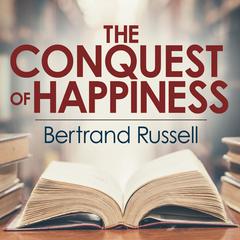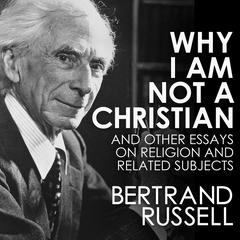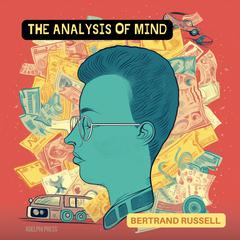 Play Audiobook Sample
Play Audiobook Sample
Political Ideals Audiobook
 Play Audiobook Sample
Play Audiobook Sample
Quick Stats About this Audiobook
Total Audiobook Chapters:
Longest Chapter Length:
Shortest Chapter Length:
Average Chapter Length:
Audiobooks by this Author:
Publisher Description
Russell sets forth the idea that political ideals must be based upon the ideals that best benefit the individual to create the best life possible. He details the issues that his current economic system and the unequal distribution of wealth present in achieving said ideals. He puts forth his beliefs on what the purposes of an economic system should be, including production and security. He criticizes monopolies and all the damage that they have done. Russell then moves toward a critique of socialism and the connection between the distribution of power and the distribution of wealth. From there, he discusses individual liberty and public control and then expands to national independence and internationalism. He finishes with his belief that men must improve their feelings toward each other and mankind as a whole in order to fix the larger problems at hand. Bertrand Russell (1872-1970) was a British philosopher considered to be one of the founders of analytic philosophy. He was considered a liberal, a socialist, and a pacifist, as well as a historian, logician, mathematician, and social critic. He was awarded the Nobel Prize in Literature in 1950 and wrote several volumes on his views.
Download and start listening now!
“A good example of the best of Russell’s work.”
— British Book News
Political Ideals Listener Reviews
Be the first to write a review about this audiobook!
About Bertrand Russell
Bertrand Russell (1872–1970) was a mathematician, philosopher, pacifist, and winner of the 1950 Nobel Prize for literature. As a president of the Campaign for Nuclear Disarmament, he opposed war and nuclear weapons and also advocated world government and peacemaking.
About Peter Bishop
Peter Bishop is a native Londoner who has lived in New York since the mid-1990s. Hawking himself around as “an Englishman in New York”, he’s managed to get himself known as a go-to guy if anyone wants a Brit in a US time zone.





























